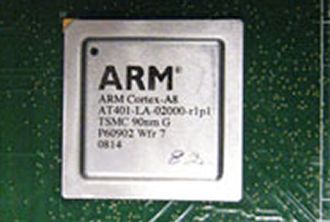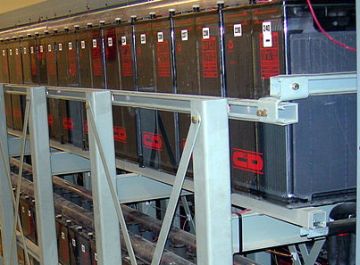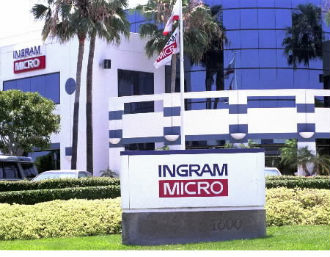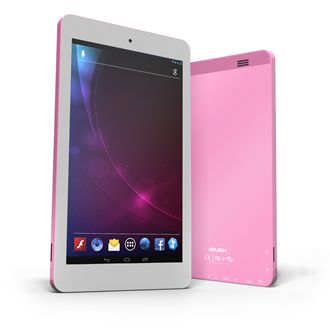 The market for Big Data tech and services is expected to be worth $32.4 billion by 2017, growing between then and now at a CAGR of 27 percent.
The market for Big Data tech and services is expected to be worth $32.4 billion by 2017, growing between then and now at a CAGR of 27 percent.
That’s what market research company IDC is projecting, in a report that says that growth is about six times the growth rate of the ICT market.
Dan Vesset, a VP at IDC, said that the Big Data market is growing fast as startups and large IT company attempt to take market share and fold in customers.
Cloud infrastructure has the highest CAGR in individual segments, at 49 percent until 2017. And automation based on Big Data tech is set to affect knowledge worker roles.
And datacentres are likely to suffer too, because it will either be discarded or archived to the cloud, meaning the storage market will be affected.


















